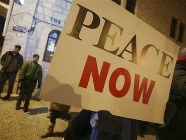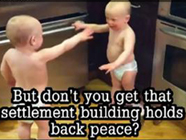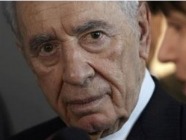We took time out today from Yariv Oppenheimer's U.S. speaking tour to chat on video about the significance of the Fatah-Hamas reconciliation agreement.
Watch it:
Watch it:
Continue reading What to make of the Palestinian reconciliation deal? .




